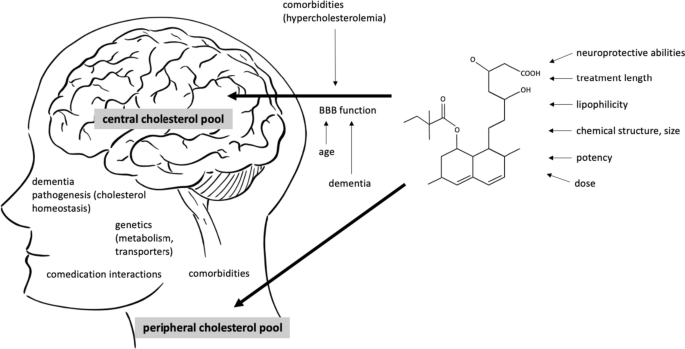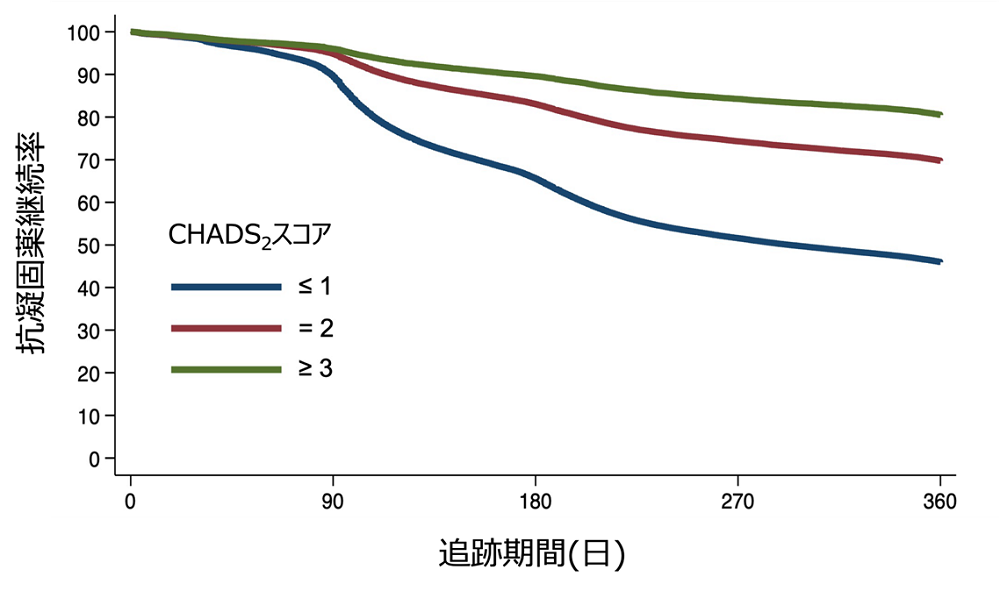2023-12-20 カロリンスカ研究所(KI)
◆アルツハイマー病の患者でスタチン治療を受けた人々は、治療を受けていない人々と比較して、認知機能の低下がより遅かったという結果です。ただし、これは観察的研究であり、因果関係があるかどうかは確定していません。研究者たちは慎重に解釈し、今後の研究が答えを提供する可能性があると考えています。
◆スタチンのアルツハイマー病への影響は以前からのアイデアであり、これに関する臨床研究も行われてきましたが、これまで否定的な結果が多かったと説明。研究者は特定のアルツハイマー病患者がスタチンで利益を得る可能性があり、これを明らかにするための大規模な臨床試験が必要であると述べています。
<関連情報>
- https://news.ki.se/finding-that-statins-could-slow-dementia-stimulates-further-research
- https://alzres.biomedcentral.com/articles/10.1186/s13195-023-01360-0
アルツハイマー病および混合型認知症患者におけるスタチンと認知機能低下:縦断的登録ベースのコホート研究 Statins and cognitive decline in patients with Alzheimer’s and mixed dementia: a longitudinal registry-based cohort study
Bojana Petek,Henrike Häbel,Hong Xu,Marta Villa-Lopez,Irena Kalar,Minh Tuan Hoang,Silvia Maioli,Joana B. Pereira,Shayan Mostafaei,Bengt Winblad,Milica Gregoric Kramberger,Maria Eriksdotter & Sara Garcia-Ptacek
Alzheimer’s Research & Therapy Published:20 December 2023
DOI:https://doi.org/10.1186/s13195-023-01360-0

Abstract
Background
Disturbances in brain cholesterol homeostasis may be involved in the pathogenesis of Alzheimer’s disease (AD). Lipid-lowering medications could interfere with neurodegenerative processes in AD through cholesterol metabolism or other mechanisms.
Objective
To explore the association between the use of lipid-lowering medications and cognitive decline over time in a cohort of patients with AD or mixed dementia with indication for lipid-lowering treatment.
Methods
A longitudinal cohort study using the Swedish Registry for Cognitive/Dementia Disorders, linked with other Swedish national registries. Cognitive trajectories evaluated with mini-mental state examination (MMSE) were compared between statin users and non-users, individual statin users, groups of statins and non-statin lipid-lowering medications using mixed-effect regression models with inverse probability of drop out weighting. A dose-response analysis included statin users compared to non-users.
Results
Our cohort consisted of 15,586 patients with mean age of 79.5 years at diagnosis and a majority of women (59.2 %). A dose-response effect was demonstrated: taking one defined daily dose of statins on average was associated with 0.63 more MMSE points after 3 years compared to no use of statins (95% CI: 0.33;0.94). Simvastatin users showed 1.01 more MMSE points (95% CI: 0.06;1.97) after 3 years compared to atorvastatin users. Younger (< 79.5 years at index date) simvastatin users had 0.80 more MMSE points compared to younger atorvastatin users (95% CI: 0.05;1.55) after 3 years. Simvastatin users had 1.03 more MMSE points (95% CI: 0.26;1.80) compared to rosuvastatin users after 3 years. No differences regarding statin lipophilicity were observed. The results of sensitivity analysis restricted to incident users were not consistent.
Conclusions
Some patients with AD or mixed dementia with indication for lipid-lowering medication may benefit cognitively from statin treatment; however, further research is needed to clarify the findings of sensitivity analyses.


